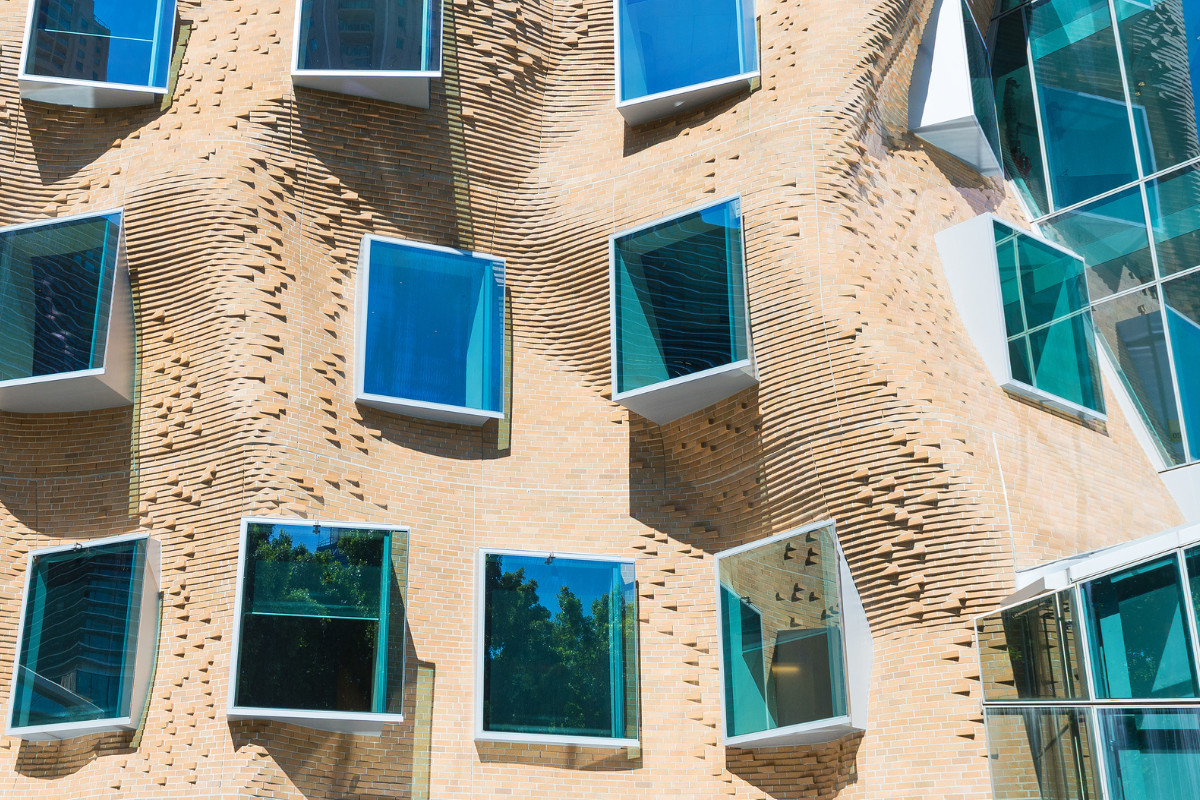The Academy of the Humanities welcomes a new report out today showing the impact of Australian Research Council (ARC) funded research: Impact Assessment of ARC-Funded Research.
“We are particularly pleased that the impact analysis examines the holistic impact of research investment; in social, cultural, environmental, and economic terms,” said Australian Academy of the Humanities Executive Director, Inga Davis.
Humanities research is a big part of that story – from discovery-based research through to collaboration with industry and community-driven research.
The data shows that 79 per cent of the ARC’s Linkage projects (research funding to promote partnership with researchers, business and community organisations) reported social impacts as an outcome of their grant, ahead of economic impacts (at 53 per cent of projects), followed closely by cultural impacts (at 50 per cent). That tells us that ARC funding is delivering research for the public good.
“While economic investment is important, it should not be the only criteria by which research outputs are measured, and we can see in this report that social and cultural benefits such as deepened collaboration and cross-disciplinary collaboration, improved wellbeing, and stronger relationships are key tangible outcomes.”
It is encouraging to see the work of humanities and Indigenous researchers highlighted in the report: Return, Reconcile, Renew (RRR): Indigenous remains repatriation project, which focuses on developing and implementing a centralised archive of repatriation information to support the repatriation of Indigenous remains. The project emphasises the importance of mitigating ‘years of pain and suffering’, improving relations and supporting a global network of repatriation practitioners and researchers.
‘The Humanities are integral to Australia’s collaborative research sector and we look forward to continuing our contribution to the vital work of the ARC in assessing and communicating important research,” said Inga Davis.



